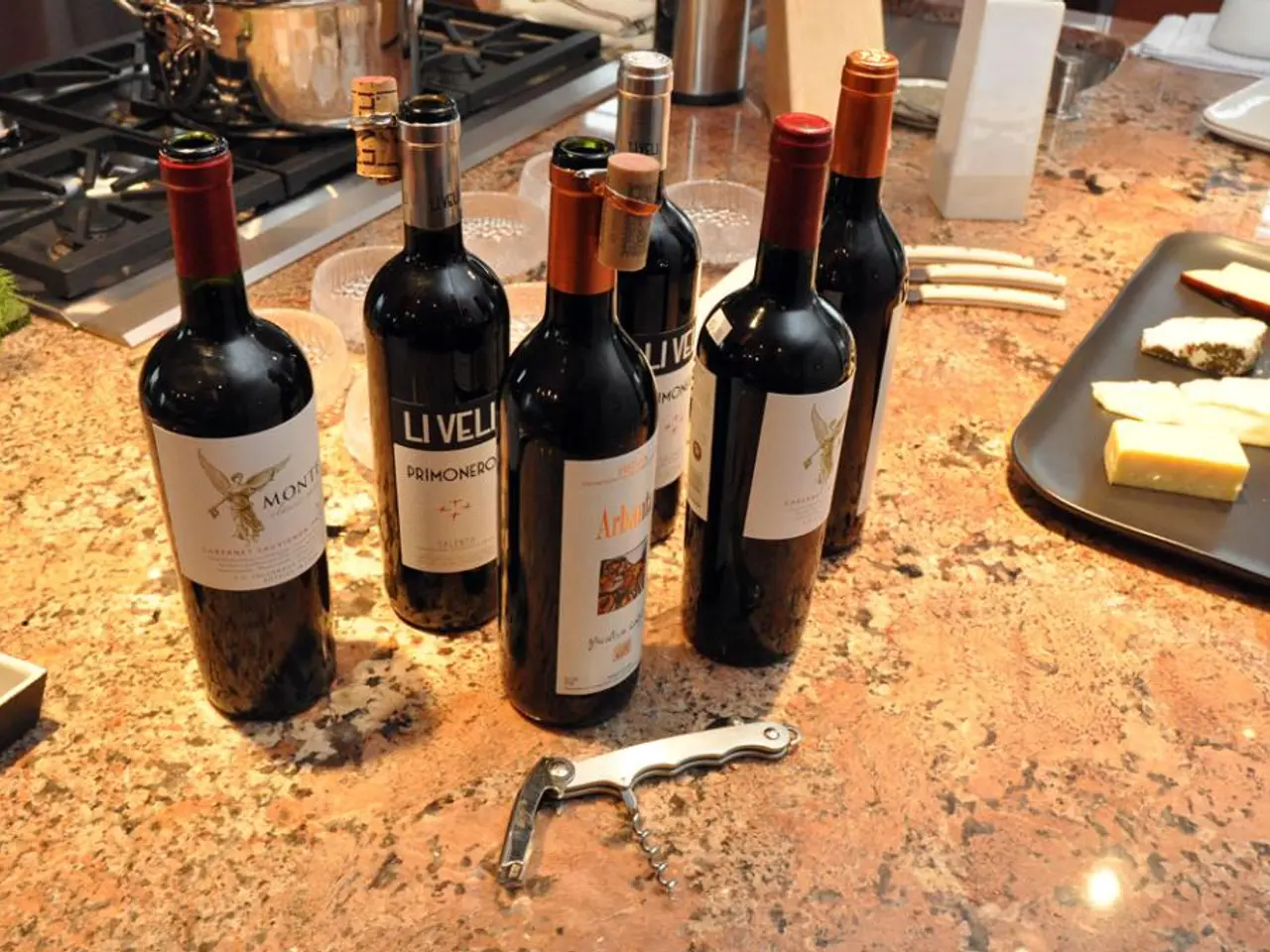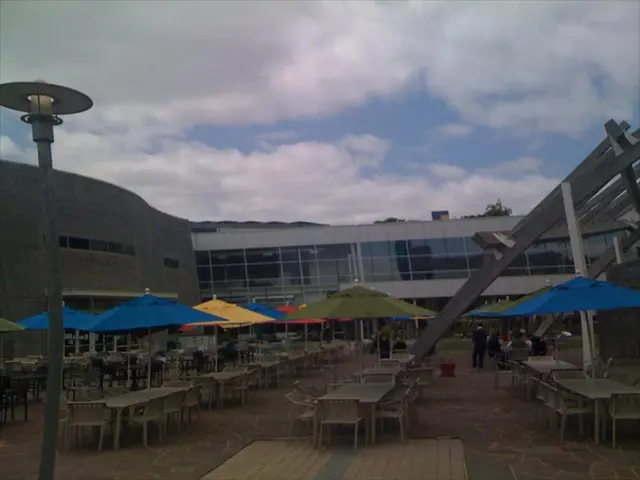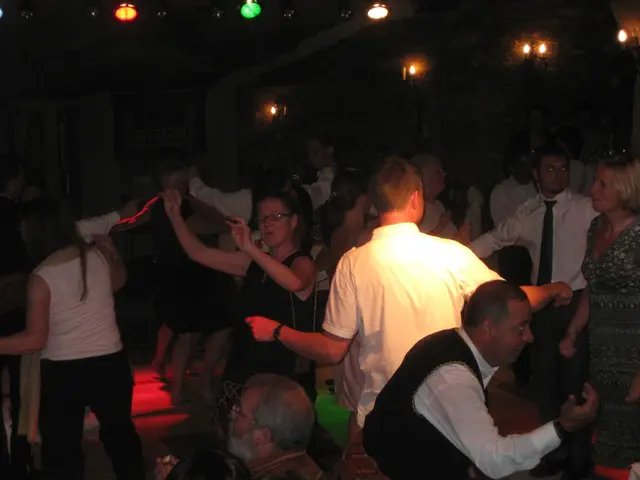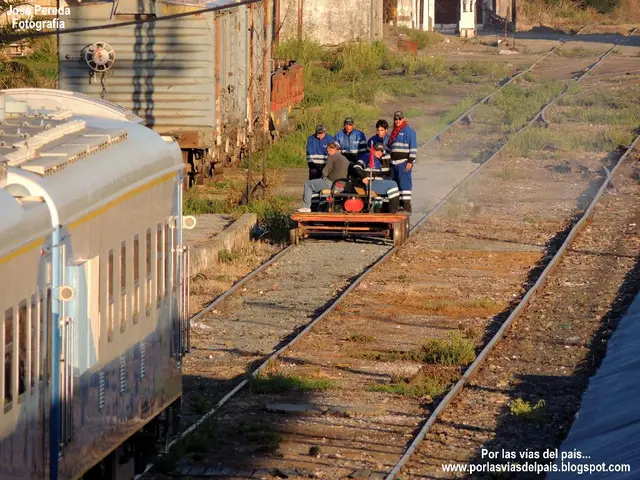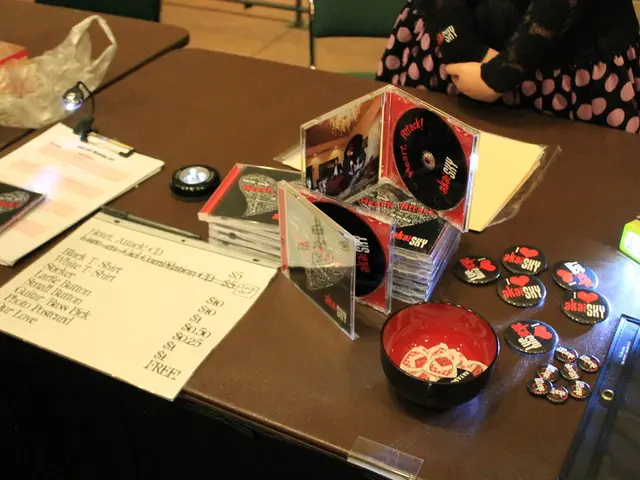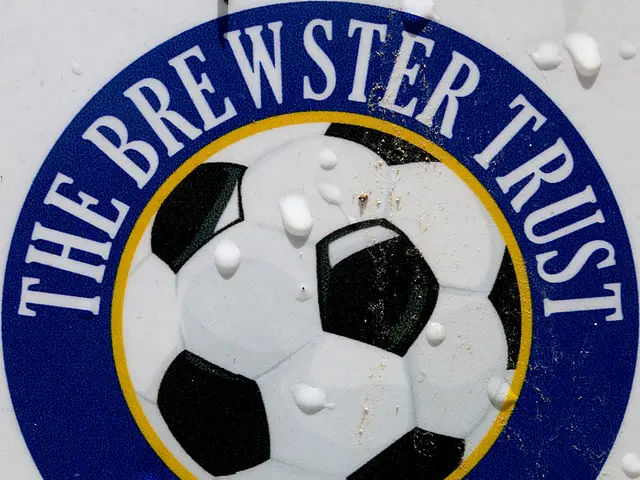Instructions for Fire Prevention and Safety in Kitchen Cooking
In the realm of home safety, kitchen fires are a common issue, with cooking being one of the leading causes. Consumer Affairs Victoria and the Country Fire Authority (CFA) emphasize that unattended cooking and other common causes of kitchen fires can be prevented by maintaining safety devices, avoiding dangerous behaviors, and ensuring proper maintenance and cleanliness of the property.
Renters have a crucial role to play in this regard. According to Consumer Affairs Victoria, renters should ensure their rental property is appropriately fitted with smoke alarms. These devices are critical in early fire detection, alerting you within 30 seconds, and helping keep your family safe. Regularly checking your smoke alarm each year and cleaning it is recommended.
Moreover, renters must not remove, deactivate, or interfere with safety devices like smoke alarms. This is a critical requirement under the Residential Tenancies Act 1997. Practices like never leaving cooking unattended, keeping the cooking area clean, and promptly repairing faulty appliances fall under required renter responsibilities.
The CFA also recommends that renters keep a fire blanket and fire extinguisher in the home, stored somewhere easily accessible but not in the immediate cooking area. Only wet chemical fire extinguishers are designed to extinguish grease fires. In the event of a kitchen fire, turning off the stove (if safe to do so) and using a fire blanket or extinguisher (if available and confident in using them) is advised.
Regularly wiping down the stove top, oven, griller, and range hood can prevent oil, dust, and grease from building up and potentially fuelling fires. Connecting smoke alarms so that if one is triggered, all of them will alert you is also recommended.
For landlords, it is essential to have the cooktop and oven inspected by a licensed professional to ensure their safety and effectiveness. This not only helps prevent fires but also ensures compliance with safety regulations.
The CFA Chief Officer Jason Heffernan stated that 6pm is the peak time for fires, and most are due to unattended cooking or mechanical failure. Leaving smoke alarm battery changes to qualified professionals or working at height on a ladder is advised if you're not comfortable doing it yourself.
In addition to these measures, converting gas or standard electric cooktops to an induction cooktop can improve kitchen safety. Induction models can be safer than gas because there is no open flame. Flammable objects and materials should be kept away from heat sources in the kitchen.
Education and training on fire alarm systems help prevent fire risks and false alarms, according to CFA material. Fire alarm systems should be professionally maintained following Australian Standards to ensure they work effectively in emergencies.
Lastly, it's important to note that cleaning out the toaster for crumbs can help prevent fires. Renters should also supervise kids in the kitchen to prevent burns and accidents.
By following these guidelines, renters and landlords can help reduce the risk of kitchen fires and improve rapid response if fires occur. For comprehensive home insurance coverage, consider RACV Home Insurance, which provides flexible cover for homeowners, renters, and landlords.
- Renters should not only ensure their rental property is equipped with smoke alarms but also maintain them by regularly checking and cleaning them to ensure they function correctly in case of a fire.
- In addition to ensuring proper home safety devices and practicing safe cooking habits, landlords should also have the cooktop and oven inspected by a licensed professional to maintain the safety and effectiveness of these appliances.
